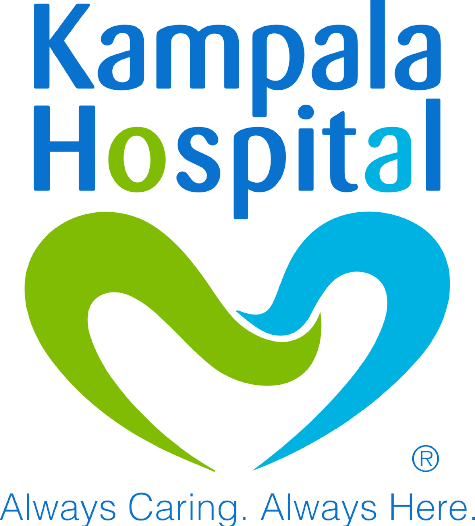Pregnancy is a beautiful journey that brings excitement, joy, and a fair share of challenges. As an expectant mother, taking care of your health is crucial—not just for your well-being but also for the healthy development of your baby. Here are some simple, yet vital steps to ensure a smooth and healthy pregnancy.
1. Regular Prenatal Care
One of the most important things you can do during pregnancy is attend prenatal appointments. These visits allow your healthcare provider to monitor your baby’s growth and health, helping catch any potential issues early. Regular check-ups also allow you to discuss any concerns or symptoms you might be experiencing.
2. Balanced Nutrition
Eating a well-balanced diet is essential for both you and your baby. Focus on consuming a variety of fruits, vegetables, whole grains, lean proteins, and dairy. Foods rich in folic acid, iron, calcium, and DHA are particularly important during pregnancy. Folic acid helps prevent neural tube defects, while iron supports increased blood volume. Calcium and DHA are vital for your baby’s bone and brain development, respectively.
3. Stay Hydrated
Staying hydrated is key to maintaining your health during pregnancy. Water supports your increased blood volume, helps with digestion, and keeps your energy levels up. Aim to drink at least 8-10 glasses of water a day. If plain water isn’t appealing, try adding a slice of lemon or cucumber for a refreshing twist.
4. Safe Exercise
Physical activity is beneficial for most pregnant women, helping to reduce stress, prevent excessive weight gain, and prepare your body for labor. Opt for low-impact exercises such as walking, swimming, or prenatal yoga. Always consult your healthcare provider before starting any new exercise routine to ensure it’s safe for you and your baby.
5. Get Plenty of Rest
Pregnancy can be exhausting, especially in the first and third trimesters. It’s important to listen to your body and get plenty of rest. Try to establish a regular sleep schedule, and don’t hesitate to take naps if needed. Proper rest helps your body recover and cope with the physical demands of pregnancy.
6. Avoid Harmful Substances
Steering clear of harmful substances is critical during pregnancy. Avoid smoking, alcohol, and drugs, as these can have serious consequences for your baby’s development. Also, be mindful of certain foods, like raw or undercooked meat and fish, unpasteurized dairy products, and excessive caffeine, which can pose risks during pregnancy.
7. Manage Stress
Pregnancy can bring a range of emotions, and managing stress is crucial for both you and your baby. Practice relaxation techniques like deep breathing, meditation, or prenatal yoga. Staying connected with your support system—whether it’s family, friends, or a prenatal support group—can also help you navigate the emotional ups and downs of pregnancy.
8. Educate Yourself
Taking the time to educate yourself about pregnancy, childbirth, and parenting can empower you and ease any anxieties you may have. Consider attending prenatal classes, reading reputable books, or following trusted online resources. The more you know, the more confident you’ll feel as you approach motherhood.
9. Communicate with Your Healthcare Provider
Open communication with your healthcare provider is key to a healthy pregnancy. Don’t hesitate to ask questions, no matter how small they may seem. If something doesn’t feel right, trust your instincts and reach out for advice. Your healthcare team is there to support you every step of the way.
10. Prepare for Postpartum Care
Maternal wellness doesn’t end with childbirth; it’s important to prepare for postpartum care as well. Arrange for support at home during the early weeks after birth, and be aware of the signs of postpartum depression. Taking care of your mental and physical health after delivery is essential for a smooth transition into motherhood.
By following these simple steps, you can take charge of your maternal wellness and create a healthy environment for your baby to thrive. Remember, every pregnancy is unique, so listen to your body, stay informed, and lean on your support system. Your well-being is the foundation for your baby’s future health and happiness.

